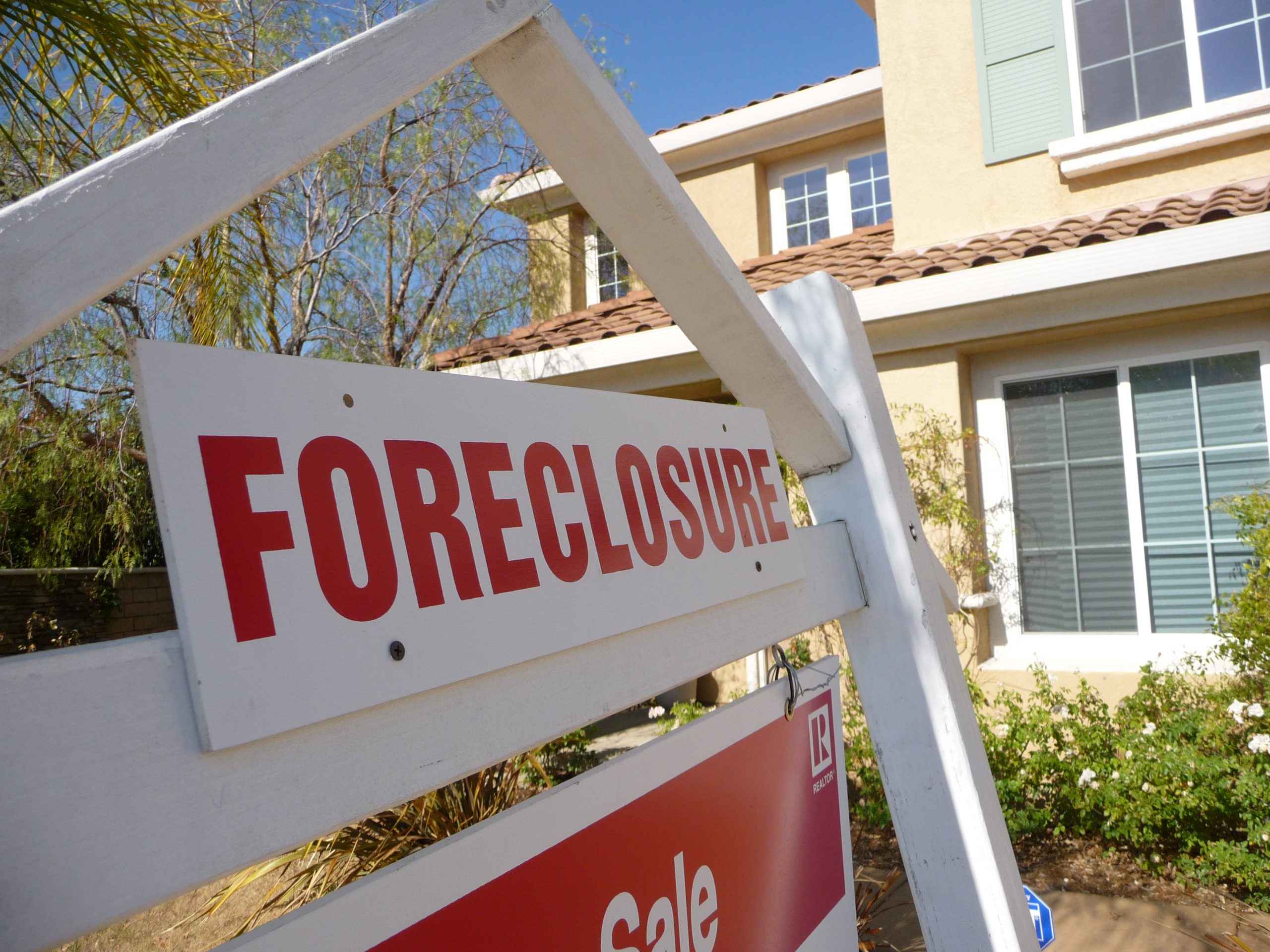

A foreclosure can lead to a litany of problems, financial and otherwise, for homeowners and their families. And, as people work to keep their home or simply get through the filing, they often don’t have time to consider their credit score. In fact, for a time, perhaps they shouldn’t.
“If a person is going through foreclosure, they have very serious financial issues that are probably reflected in very poor scores,” Rod Griffin, director of public education for Experian, said in an email. “If they cannot manage the debts they have, they should be focused on regaining control of their finances, not worrying about a credit score because they shouldn’t be considering applying for new credit in the near future.”
Still, it can be important to note somewhere down the line how much damage you may ultimately have to repair due to foreclosure.
Perhaps unsurprisingly, its appearance on your credit file can cost your score to drop dramatically. The exact point drop will vary, depending on where your score was at the time and what else is in your credit profile. But, according to a FICO study, foreclosure can cause an excellent score of 780 to drop as low as 620. A good score of 720 can drop as low as 570 and an average score of 680 can drop to as low as 575.
This damage can be contained if the foreclosure itself is the only negative information appearing on your credit report.
“As long as the consumer manages to keep the foreclosure isolated by consistently paying all other credit obligations on time and keeping their revolving debt to a minimum, the negative impact of the foreclosure will be contained,” Can Arkali, a principle data scientist at FICO, said in an email.
However, foreclosures don’t typically take place in a vacuum. They’re usually preceded by other incidents — like missed mortgage or other loan payments — that could cause your credit rating to fall by as much as 300 points throughout the few months that led to your home being foreclosed upon.
How Long Before My Score Recovers?
These incidents can depress your credit for quite some time.
“A foreclosure remains on a credit report seven years, so it will have a long-term effect on our creditworthiness,” Griffin said. “But, because negative information is deleted eventually, you can rebuild your creditworthiness if you take control of your debts and build a history of positive payments that will continue to appear after the foreclosure disappears.”
FICO estimates that a consumer with a 680 FICO Score (before the foreclosure event) could reach that same score level in roughly three years.
“This is not an absolute guideline, but rather a rough estimate on the basis of a representative credit profile of the ‘typical’ consumer credit file that scores 680,” Arkali said.
Of course, you’ll need to focus on establishing and maintaining good habits. You can generally improve your credit scores over the long-term by making all payments on time, keeping debts low and limiting inquiries for new credit until your score rebounds enough and your budget can handle new bills. You can track your progress by viewing your free credit report summary, updated each month, on Credit.com. You can also find more about fixing your credit here.
This article originally appeared on Credit.com and was written by Jeanine Skowronski.









